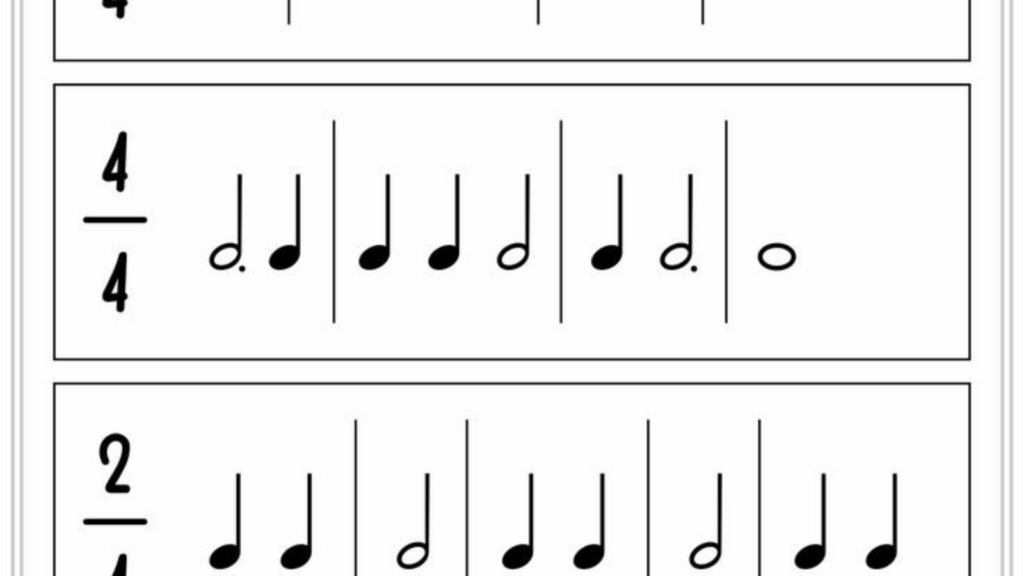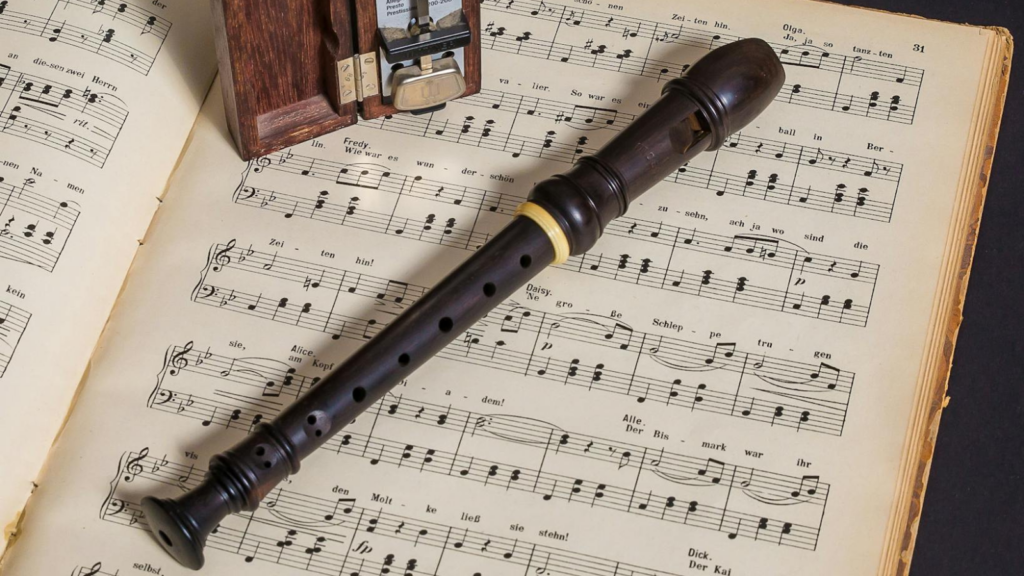Diving into the world of music theory can feel like unlocking a secret language. It’s a journey that can transform a casual music enthusiast into a sophisticated connoisseur. As with any learning experience, Enhancing User Experience can play a significant role, making complex concepts more approachable and enjoyable. But where does one start this exciting adventure? The answer lies in the pages of music theory books.
In this article, we’ll explore the best music theory books available today. From comprehensive textbooks to specialized guides, these books will help you understand, appreciate, and create music like never before. So, let’s turn the page and start our melodious journey.
Music Theory Books

Delving deeper, it’s vital to explore some power-packed, knowledge-filled music theory books. These books, selected from countless options, distill complex principles into comprehendible nuggets. They range from expansive textbooks, such as Walter Piston’s “Harmony” and Stefan Kostka’s “Tonal Harmony,” to niche guides like Mark Levine’s “The Jazz Theory Book.” By indulging in these selections, a novice can evolve into an advanced learner, dissecting and understanding music structures they’d previously only admired.
Transcending the role of mere music guides, Walter Piston’s “Harmony” and Mark Levine’s “The Jazz Theory Book,” and similar resources distill complex concepts into digestible insights. By offering a thorough analysis of top music theory books, this article aims to shed light on those that excel in simplifying musical principles for beginners and presenting intricate details for advanced learners.
Benefits of Using Books to Learn Music Theory
Music theory books serve as invaluable guides that break down musical complexities into digestible learnings. They foster a deeper understanding of chords and harmonies, enhance the ability to read sheet music, and expose learners to various cultural music forms.
A Deeper Understanding of Chords and Harmonies
Books on music theory impart a profound understanding of compositions, including their underlying chords and harmonies. They expose readers to patterns that may be missed with the naked ear. For instance, “Tonal Harmony” by Stefan Kostka and Dorothy Payne, excavates deep into the world of chords, supplying readers with the profound knowledge to identify complex harmonic structures.
Enhanced Ability to Read Sheet Music
The ability to interpret sheet music – from understanding time signatures to recognizing key changes, improves significantly with the help of music theory books. “How to Read Music in 30 Days” by Matthew Ellul, offers practical lessons in reading sheet music, arming learners with a crucial skill in their musical journey.
Practical Tips for Utilizing Music Theory Books

Effectively utilizing music theory books goes beyond picking them off the shelf. Proper usage of these books fosters chord comprehension and improves sheet music reading skills. Here are some practical tips:
- Align with Learning Goals: Select a music theory book that aligns with your musical objectives and proficiency levels. For instance, novices could start with “Harmony” as it simplifies complex music concepts.
- Systematic Study Approach: Don’t rush through the book. Devote time to understand each chapter, practice the exercises, and ponder over the lessons before moving ahead.
- Make Notes: Write down key points while studying. It helps consolidate your learning and makes it easier for you to revise later.
- Apply Knowledge: Theories learned should not be restricted only to the book. Try applying them in actual music compositions or when playing instruments.
- Discuss and Engage: Collaborate with other learners or a mentor. It presents an opportunity for fruitful discussions, fostering deeper understanding.
- Explore Different Genres: Do not confine yourself to a single music genre. Diversification can provide varied musical perspectives, thereby enhancing your learning. “The Jazz Theory Book,” for example, offers insights into the jazz genre.
All You Need to Know
Music theory books are invaluable resources for both novice and seasoned musicians. They’re the key to unlocking complex musical concepts and enhancing understanding of chords, harmonies, and diverse cultural music forms. Popular titles like “Harmony” and “The Jazz Theory Book” come highly recommended. To maximize their benefits, it’s critical to align the use of these books with one’s learning goals, study systematically, and actively apply the knowledge gained.



